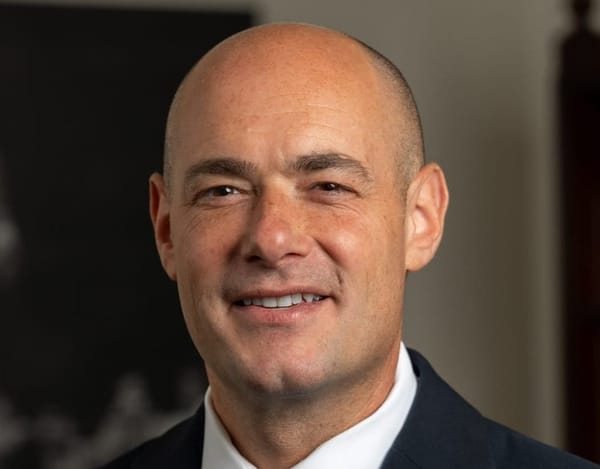AT&T Opposes Mobile Virtual Network Operators
AT&T claimed that the MVNO model limits ISPs scaling capability.
Taormina Falsitta

June 20, 2024 – AT&T CFO Pascal Desroches expressed skepticism about the Mobile Virtual Network Operators model, emphasizing the high costs and lack of control at a Bank of America conference June 11.
The MVNO model allows an internet service provider to offer mobile services by leasing network infrastructure from major cellular carriers. Relying on another network for scaling is not viable, warned Desroches.
Desroches said that control over the user experience diminishes when operators do not own the networks that they operate on. He added that AT&T’s network is a significant value for the company, as it allows them to scale at the most profitable rate.
Cable operators Comcast and Charter have MVNOs deal with Verizon and the agreements have been a bright spot for the cable companies as they continue to lose both cable TV and wireline broadband customers.
In the first quarter, Comcast added 289,000 mobile subscribers, up 21 percent year over year to end with 6.9 million. Charter added 486,000 residential and business mobile subscribers in the first quarter to end with 8.3 million mobile lines.
Meanwhile, in the National Content & Technology Cooperative announced in 2023 that AT&T would serve as the exclusive wireless carrier for its 700 cable and broadband providers.
A Parks Associates report found that adoption of the MVNO model is increasing in the United States due to the advancements in technology that make it easier and more affordable for MVNOs to operate and which increase flexibility that allow them to quickly adapt to specific needs.
The report found that adoption of MVNO services reached over 15 million residential addresses last year. These plans are often cheaper than alternatives and allow consumers the convenience of signing up for internet and mobile services in one place.








Member discussion